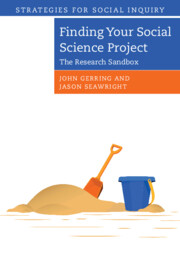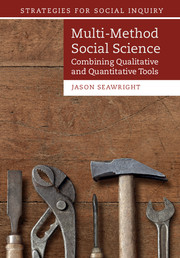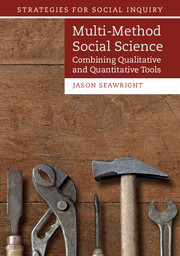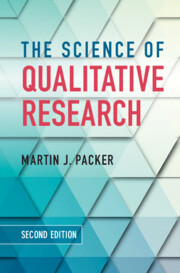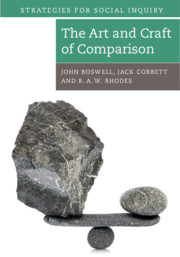Finding your Social Science Project
The most important step in social science research is the first step – finding a topic. Unfortunately, little guidance on this crucial and difficult challenge is available. Methodological studies and courses tend to focus on theory testing rather than theory generation. This book aims to redress that imbalance. The first part of the book offers an overview of the book's central concerns. How do social scientists arrive at ideas for their work? What are the different ways in which a study can contribute to knowledge in a field? The second part of the book offers suggestions about how to think creatively, including general strategies for finding a topic and heuristics for discovery. The third part of the book shows how data exploration may assist in generating theories and hypotheses. The fourth part of the book offers suggestions about how to fashion disparate ideas into a theory.
- Is suitable for students, new scholars and established researchers alike
- Offers an encompassing view of the subject, one that covers most approaches to social science
- Examples provided throughout
Reviews & endorsements
'Exploration and inspiration are necessary to locate a good social science topic; and this book tells you why and shows you how. Playful and insightful; highly recommended.' Richard Swedberg, Cornell University, New York
'This innovative book endorses diverse approaches to focusing research projects: induction from data, deduction from theory, concentration on data that lends itself to strong causal inference (for example, natural experiments), and concern with explaining major events in the world. The book is engagingly written and will be an excellent text in the classroom. Bravo for Gerring and Seawright!' David Collier, UC Berkeley
Product details
October 2022Hardback
9781009100397
338 pages
250 × 175 × 25 mm
0.78kg
Not yet published - available from February 2025
Table of Contents
- 1. Introduction John Gerring, Jason Seawright
- 2. Current practices John Gerring, Jason Seawright
- 3. Contributions to knowledge John Gerring, Jason Seawright
- 4. Strategies John Gerring, Jason Seawright
- 5. Heuristics John Gerring, Jason Seawright
- 6. Case selection John Gerring, Jason Seawright
- 7. Soaking and poking John Gerring, Jason Seawright
- 8. Theoretical frameworks John Gerring, Jason Seawright
- 9. Explanatory challenges John Gerring, Jason Seawright
- 10. Tools and tips for theorizing John Gerring, Jason Seawright
- 11. From exploration to testing John Gerring, Jason Seawright.

